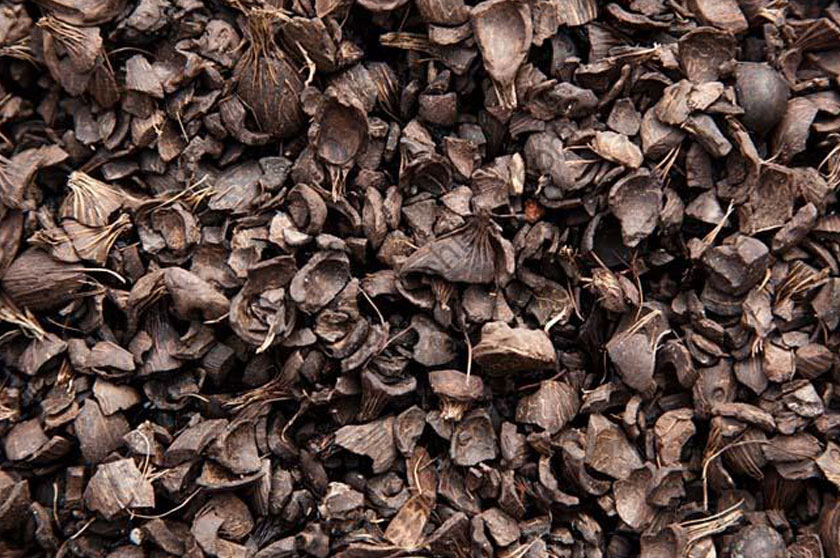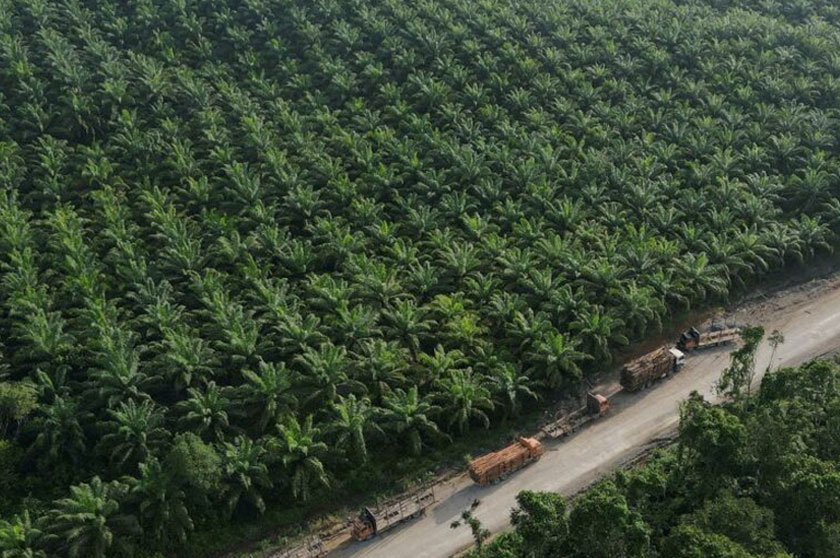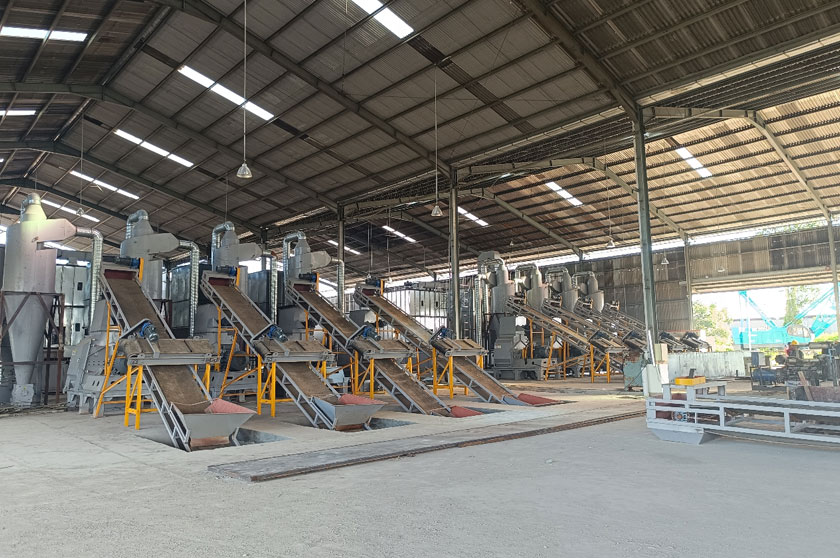Indonesia, endowed with abundant natural resources, stands as a potential hub for biomass wood pellet production. As the world increasingly shifts towards sustainable energy sources, the spotlight on biomass pellets grows brighter. These pellets, compacted forms of biomass, offer a renewable alternative to fossil fuels. In Indonesia, the availability of diverse raw materials presents a promising landscape for biomass pellet production.

One of the primary raw materials for biomass wood pellets in Indonesia is palm kernel shells (PKS). PKS, a byproduct of the palm oil industry, holds immense potential for energy production. With Indonesia being one of the world's largest producers of palm oil, the abundance of PKS is significant. Its utilization not only reduces waste from the palm oil industry but also contributes to the renewable energy sector. PKS pellets offer high calorific value and low moisture content, making them an attractive choice for biomass energy generation.
Another notable raw material is wood waste from forestry and timber industries. Indonesia boasts vast forest resources, providing ample supplies of wood residues. Sawdust, wood chips, and wood shavings are commonly used in biomass pellet production. These materials, often considered waste, can be repurposed into valuable energy sources. Utilizing wood waste for pellets helps mitigate environmental issues such as deforestation and forest degradation while promoting sustainable energy practices.
Additionally, agricultural residues play a crucial role in Indonesian biomass pellet production. Rice husks, corn stalks, and coconut shells are abundant agricultural byproducts with significant energy potential. These residues, often left unused or burned in open fields, can be transformed into biomass pellets through efficient processing. By converting agricultural waste into pellets, Indonesia not only addresses waste management challenges but also contributes to the renewable energy transition.
In conclusion, the local Indonesian biomass wood pellet industry thrives on a diverse range of raw materials. From palm kernel shells to wood waste and agricultural residues, Indonesia possesses abundant resources for sustainable energy production. Leveraging these raw materials not only aids in waste reduction but also fosters renewable energy development. With the right infrastructure and technology, Indonesia has the opportunity to emerge as a key player in the global biomass pellet market.
Biomass wood pellet machine play a pivotal role in the production process, facilitating the conversion of raw materials into uniform pellets. These machines utilize compression techniques to compact biomass materials into dense pellets suitable for combustion. With varying capacities and specifications, biomass wood pellet machines cater to the diverse needs of pellet manufacturers. From small-scale operations to large industrial setups, biomass pellet machines ensure efficient and consistent pellet production. As Indonesia harnesses its abundant biomass resources, the role of biomass wood pellet machine becomes increasingly vital in driving the country's renewable energy agenda.

Bolida & Rotexmaster as a one-stop service provider of biomass pellet machines, it has provided complete solutions to many local customers engaged in the biomass pellet business in Indonesia and is committed to the development of local biomass pellet projects.